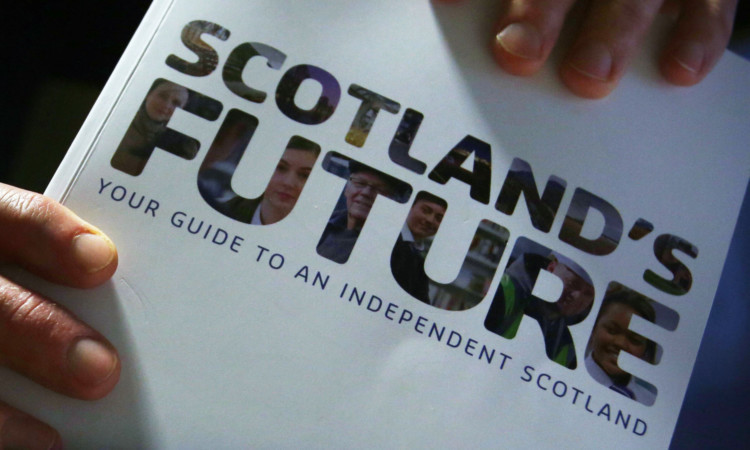Two-thirds of Scots find it difficult to decide if information provided ahead of the independence referendum is true or not, a new poll has found.
The study also found that only one in seven people thought they were very well informed about the issues being debated in the run-up to the September 18 vote while almost one in 10 said they were not at all informed.
The Law Society commissioned the poll and its president Bruce Beveridge said politicians and others had to “work harder to ensure people feel they can make an informed choice come September”.
A total of 1,006 people across Scotland were questioned by Ipsos MORI for the research, which found 14% of people regarded themselves as being very well informed about the issues being debated ahead of the referendum while 42% said they were fairly well informed.
But 34% said they were not well informed and 9% answered that they were not at all informed about the issues.
The research was carried out between November 29 and December 5 shortly after the Scottish Government had launched its white paper on independence.
When asked if they found it difficult to decide whether information being provided in the debate was true or not, 34% strongly agreed while 33% tended to agree with this.
Four out of 10 people said the debate so far had been helpful in deciding how they would vote in the ballot, with 15% of those questioned strongly agreeing with this and a further 25% tending to agree.
More than half of those polled said the debate had been interesting “for people like me”, with 21% strongly agreeing with this and a further 32% tending to agree.
But 54% thought the debate had not so far covered the issues that were important to them, with 30% strongly agreeing with this and 24% tending to agree.
Meanwhile, just 9% strongly agreed that the debate so far had been too aggressive, with another 17% tending to agree with this.
The Scottish Government said it is important that those on both sides of the debate do as much as they can to engage and inform voters in the run-up to the referendum.
